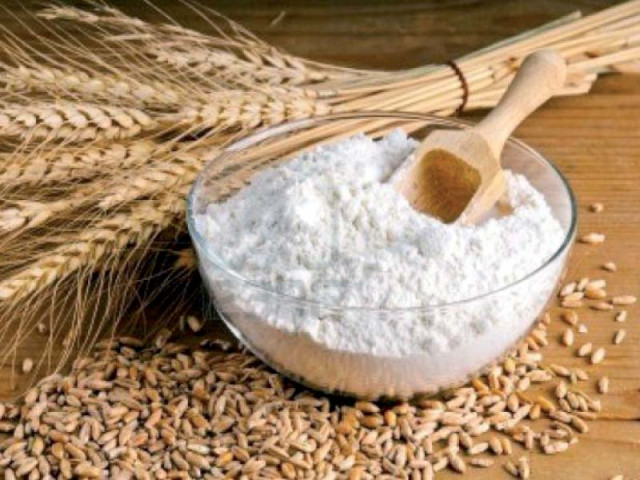From boon to bane: The undue growth of Pakistan's flour industry
Local industry continues to grow despite call to cap number of mills in the country

According to an industry source, for quite some time now, all governments have turned a blind-eye to the demands of the flour mills association and granted unchecked establishment of new flour mills in the country. "The reason behind this abrupt and undue increase in flour mills is the potential for profit in the industry given the provision of wheat at a standardized rate by the government, and the export of flour to Afghanistan," revealed the source.
As per details, there are currently 984 flour mills in Punjab; out of which, 754 are entitled to the government wheat quota. In Sindh only 160 out of 350 flour mills are functional, while Balochistan relies on 20 out of 44 mills for its flour output. On the other hand, there are currently 230 flour mills in Khyber-Pakhtunkhwa (K-P), out of which 130 are entitled to the government quota.
However, whether functional or non-functional, Pakistan has the overall capacity to grind 300,000 tonnes of flour per day or 11.5 million (20 kg) bags, while on the contrary, the country's flour consumption is capped at only about two million bags.
There are three kinds of flour mills in Pakistan, each with a different building cost. The local machinery flour mill which can grind up to 300 tonnes of wheat per day can be built in Rs100 to 200 million. While a flour mill built with the fusion of local and imported machinery can cost almost Rs250 to 270 million and a flour mill built exclusively with imported machinery can incur a cost between Rs500 to 600 million.
Most of Pakistan's flour mills are situated in Punjab and subsequently the province receives the largest share of the government's wheat quota. "The establishment of big Pakistani flour market in Afghanistan resulted in the creation of several flour mills in Punjab, as the flour to Afghanistan would be dispatched via Rawalpindi, Gujranwala and Lahore division. But now that the flour market in Afghanistan is dominated by the Central Asian states, it has resulted in reduction of demand for Pakistani flour, which in turn has rendered many Punjab flour mills non-functional," a flour mill owner told The Express Tribune on condition of anonymity.
According to Raza, their organisation has been demanding the federal and provincial governments to ban the formation of new flour mills, given the superfluous grinding capacity of the current flour mills. "Although the prime minister's policy of supplying wheat to the people which helped reinstate 150 flour mills is commendable, wheat should still be imported at zero rate to keep moving the flour milling industry and let wheat be exported."
Punjab Minister for Food Samiullah Chaudhary told The Express Tribune that the government should consider cross-checking wheat production by seeking electricity bills from flour mills it provides raw wheat to. "The business community itself should reflect-- it is a waste of their own efforts to keep building an industry which is already capable of providing more than enough," he added.
Published in The Express Tribune, November 23rd, 2019.
Like Business on Facebook, follow @TribuneBiz on Twitter to stay informed and join in the conversation.



















COMMENTS
Comments are moderated and generally will be posted if they are on-topic and not abusive.
For more information, please see our Comments FAQ